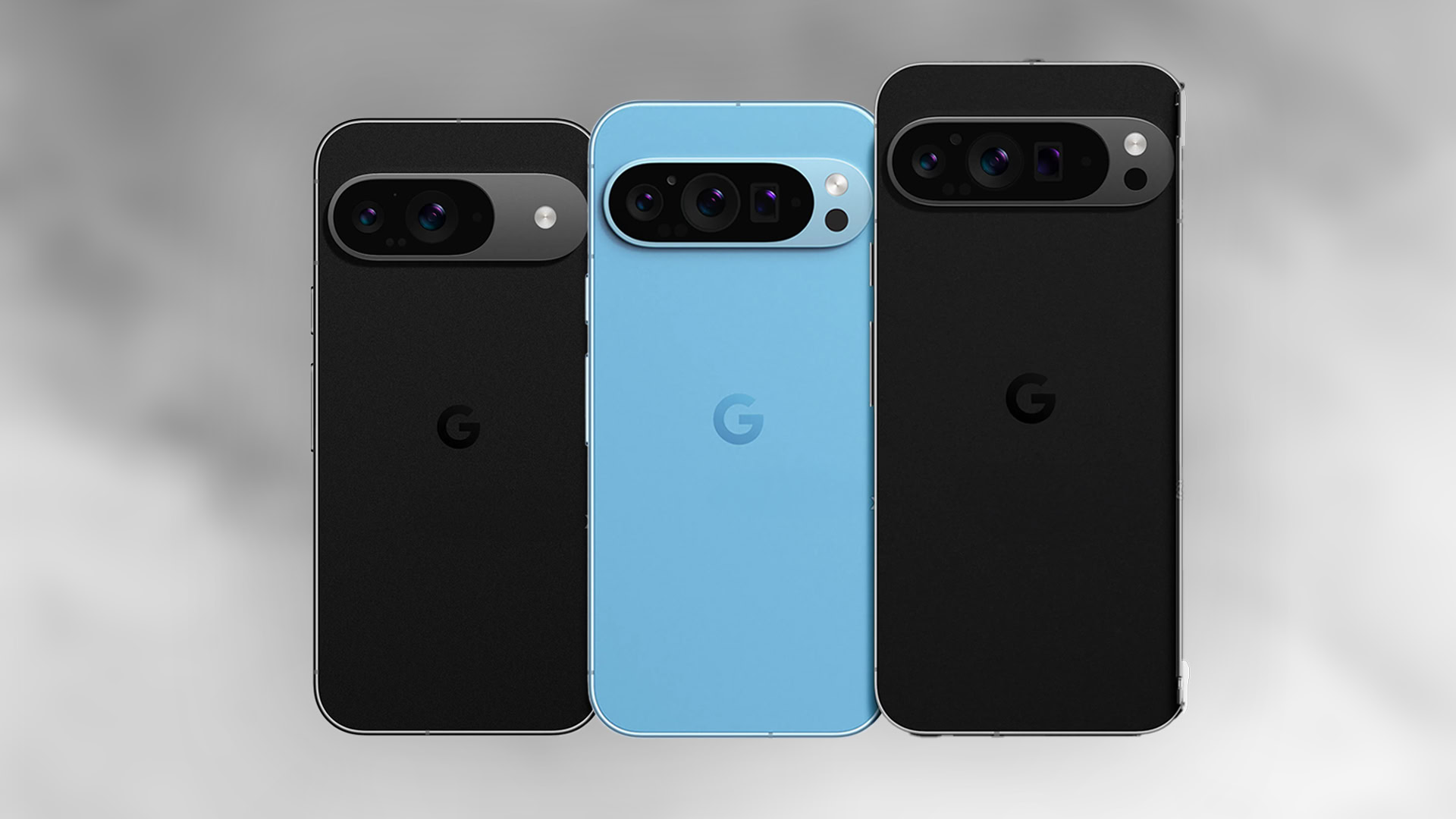Affiliate links on Android Authority may earn us a commission. Learn more.
With three Pixels on the way, prices can only go up
Google has long offered just two conventional Pixel flagships each year, namely a standard model and a Pro variant. But it looks like the company has a trio of Pixel 9 series phones in the works for later in 2024
OnLeaks, a reliable leaker, recently revealed renders for three different Pixel 9 variants: a standard Pixel 9 with two rear cameras, a smaller Pixel 9 Pro, and a larger Pixel 9 Pro (a Pixel 9 Pro XL, if you will). And with that new entrant in the ring, the only thought on my mind is pricing, and I’m willing to bet on price hikes in the future — near or far. It’s inevitable.
Pixel 9 Pro XL to embrace ultra-premium pricing?

There would still be some wiggle room between the base Pixel 9 and big Pixel 9 Pro XL if they maintain the same prices as 2023’s Pixel 8 ($699) and Pixel 8 Pro ($999). So, a small Pixel 9 Pro at $849 or $899 could be a solid middle ground, features-wise, between the two and slot in perfectly from a financial point of view.
However, it’s also possible that the introduction of the small Pixel 9 Pro could push the XL model into the ultra-premium segment (~$1,100 and higher). That would put it in the same pricing territory as the Samsung Galaxy S24 Ultra and iPhone 15 Pro Max. The hyper-premium trend emerged some years back as manufacturers including Apple, Samsung, Sony, and more, sought to increase their profit margins in the face of declining shipments. This is where the big money in smartphones lurks, and everyone wants a piece of that pie, so why not Google too?
The move from two to three Pixel flagship phones could result in an ultra-premium XL model in the longer term.
However, an ultra-premium Pixel that’s not a foldable could be a significant challenge for Google as a new entrant in this space. Although the Pixel 8 series saw price hikes of at least $100, Google has generally undercut flagship rivals with recent generations of Pixels. People who bought its previous flagships for their aggressive prices (and pre-order benefits) might — understandably — balk at a hyper-premium Pixel 9 Pro XL.
Google also doesn’t have the same popularity, availability, or repair channels as Apple and Samsung, further complicating any attempt to go super-expensive. Its track record with bugs, hardware defects, and quality-assurance testing wasn’t stellar for many years either, though we’ve seen improvements with the Pixel 7 and 8 series. An ultra-premium phone demands an ultra-premium treatment, and Google is not the most obvious candidate to provide that.
Furthermore, an ultra-premium approach might also be a tough challenge due to Google’s use of its perennially underperforming Tensor chipsets. It’s easy to forgive a flagship phone’s less-than-stellar performance and connectivity at a lower price. But asking people to pay top dollar for comparatively poor connectivity and performance? Google will really need to make it worth your while in other areas if that’s the case.
That said, Google has form for a more premium approach to its high-end phones: The Pixel 3 series retailed for $799 and $999 a pop back in 2018, while the Samsung Galaxy S9 and S9 Plus were cheaper at $720 and $840, respectively. Ouch. Tensor-equipped Pixels have, generally, opted for more aggressive pricing, but it’s clear that Google was never afraid to come in at a higher price tag than Samsung.
What do three models mean for the Pixel 9 and Pixel 8a?

Three Pixel 9 phones will undoubtedly have long-term ramifications for pricing at the top end, but the vanilla Pixel 9 might not be left unscathed as a result of this. It’s entirely possible that Google will strip the Pixel 9 of a few features in order to make the Pro phones stand out even more.
Google's treatment of the Pixel 8 doesn't bode well for the Pixel 9, especially with an extra Pro model on the table.
You only need to look at Google’s mistreatment of the Pixel 8 for evidence of this strategy. In addition to expected cutbacks such as the periscope camera, charging wattage, display resolution, and UWB, the Pixel 8 also lacked Pro features like the Gemini Nano AI model (thankfully coming later this year), the Video Boost feature, and the upcoming Zoom Enhance capability. It’s not a stretch to imagine that the company could strip back a few more features from the base Pixel 9 in the name of market differentiation.
A stripped-back Pixel 9 might make it less desirable than the upcoming Pixel 8a. Google’s A series phones have become great mid-range devices in their own right. Sure, the $500 Pixel 7a doesn’t have the fastest charging or a 120Hz screen, but you still get a flagship-grade chipset, one of the best camera phones on a budget, and extras usually reserved for the high-end (water resistance and wireless charging). Taken together, it’s easy to see why many might opt for this phone instead of paying $200 extra for the Pixel 8. Google can’t afford to make this same mistake with the Pixel 9 and Pixel 8a.
Is a Pixel price hike a foregone conclusion?
It’s clear that Android Authority readers who took our poll feel that three Pixel 9 phones are better than two, and who can blame them? A pocket-friendly Pixel 9 Pro with specs largely in line with the Pixel 9 Pro XL could be a major boost for the Pixel line.
Do you think the Pixel 9 series will see a price hike?
But between Google’s last price hike, the overall trend towards premiumization, and arch-rivals offering more expensive high-end phones, it definitely feels like Google is on an upward trend for Pixel flagship pricing. The real question is, when will we see the hike? Would it be with this year’s Pixel 9 or, potentially, a year later when Google could launch Pixels with its in-house chipset for the first time, as rumors suggest?